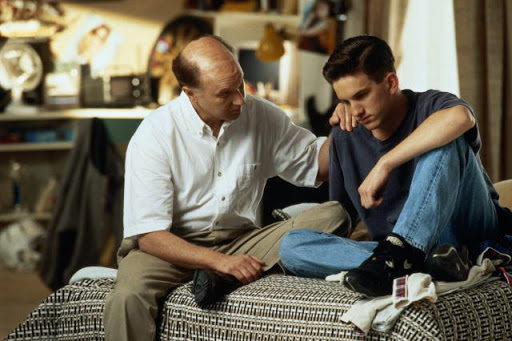
Helping Your Teenage Son or Daughter to Be Sober
Is your child struggling to regain sobriety by giving up drug and alcohol addiction? Parents go through exceedingly difficult times when their children come back from teen drug and alcohol rehab center. They must once again be ready for a new challenge to maintain the hard-gained sobriety of their child, who must prepare for beginning a new journey to write a new story by keeping behind the dark days of substance abuse. Parents suffer a lot when their child is at the rehab center as they spend sleepless nights, plenty of money, and have bouts of serious arguments while waiting for the child to come out clean.
After the child comes back home from any rehab centers for teenagers and gets ready to lead a life of sobriety, the parents have their task cut out to support the child in the best way. However, this is often easier said than done because, despite their best intention to guide their child by ensuring that they continue doing well, many do not know precisely what to do.
Here is some advice for parents that should make their task easy.
Parents must be a good role model

Practice what you preach must be the parents’ motto, and they must become role models for their children. Besides strongly disapproving the use of substances, parents must demonstrate it through their actions by abstaining from drug and alcohol so that they can set an example and inspire the child to follow it. Kids watch their parents closely and often draw inspiration from their lifestyle. If they see their parents behave differently from what they want their child to practice by keeping away from the substance, kids consider it hypocrisy. It is just not enough to talk about justice that teenagers consider extremely important, but parents must demonstrate it before the kids to win their trust.
Do not refer to past mistakes, and stay positive
Everyone knows how futile it is to cry over spilled milk, and parents must not make the same mistake with kids by often referring to the mistakes they committed in the past. Consider what the child did as an aberration andnever harp upon it. Never remind teenagers about their wrongdoings because nobody likes to be reminded of their mistakes.
Build positivity among kids by giving them opportunities to spend time with other sober teens. It might not be easy for kids who are just out from some rehab center to mix with other children freely. However, the exposure is critical because the longer they stay with children of their age, the better they will understand what it is like to stay clean and sober. Getting the scope of engaging in fun activities with other kids can be inspirational to sling on to sobriety.
Rebuild the trust in a relationship
Most kids want parents to be forgiving and accept them with open arms after they come back clean. Your child wants to feel the trust in the relationship with parents, and this is perhaps the most challenging test for parents. You must demonstrate your trust for the child by ensuring that the child gets enough opportunities of earning back your trust. It can be challenging, but you must shed your inhibitions and trust them so that they had the opportunity to show all that they need to demonstrate their sobriety.
Accept the fact that relapse is possible
Remember that drug rehab programs work well, but relapses do happen. If your child experiences a relapse, acknowledge the good that has happened for the period of abstinence and encourage them to try to prolong the good work next time. Since substance abuse is like any other chronic disease like diabetes and just as we do not curse people with diabetes for going off their diet but encourage them to try again, we must do the same for children who experience a relapse. Going forward without the baggage is the way to overcome the problem.

You are not alone
Most parents feel they are all alone and consider that their situation is unique as nobody known to them has ever gone through it. Perhaps the stigma attached to addiction is the cause for people not discussing it openly. To tackle the problem, parents can seek help from support groups of parents whose children are victims of substance abuse to interact with others who face similar issues. By talking to people, you would know what has worked or not worked for others and even discuss any guilt about their child’s addiction and appreciate and celebrate success.
Most kids get addicted while experimenting with substances out of curiosity and are not hard-core substance abusers. It all starts with some fun and considering it as any other disease is a pragmatic approach that can make a recovery easier.




